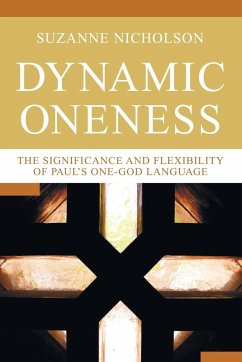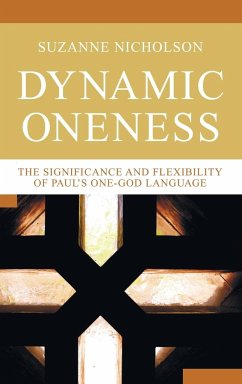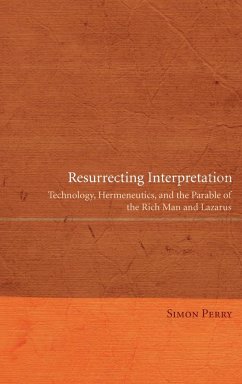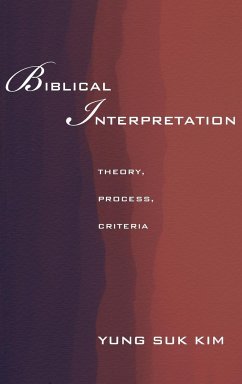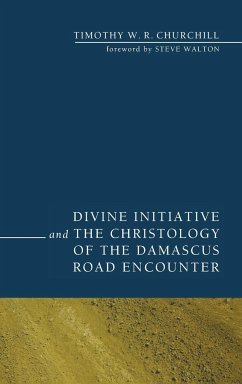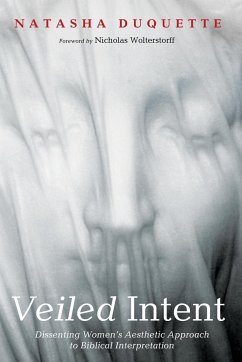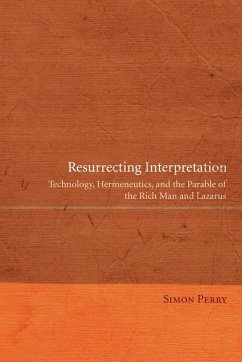The apostle Paul affirms in several places that there is only one God. Yet in the same letters Paul also gives praise to the Lord Jesus Christ, often using language similar to his descriptions of God. How can this self-avowed Hebrew of Hebrews reconcile these ideas? This book explores the strongest one-God statements in Paul's undisputed letters and asks how Paul's Jewish monotheistic understanding informs his overall argument. These three texts--1 Corinthians 8:6, Galatians 3:20, and Romans 3:30--occur in very different contexts and address different issues. By looking at the historical, cultural, and grammatical contexts of these passages, as well as Paul's language about God and Christ elsewhere in these letters, Dr. Nicholson argues that Paul's understanding of the one God is not static or perfunctory; rather, it is dynamic and flexible, influencing significant aspects of Paul's Gospel message. Paul's ethics, his view of salvation history, and his soteriology are fundamentally shaped by his understanding of the one God of Israel.
Hinweis: Dieser Artikel kann nur an eine deutsche Lieferadresse ausgeliefert werden.
Hinweis: Dieser Artikel kann nur an eine deutsche Lieferadresse ausgeliefert werden.

